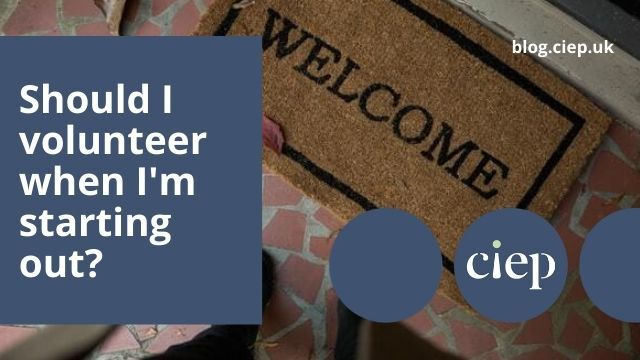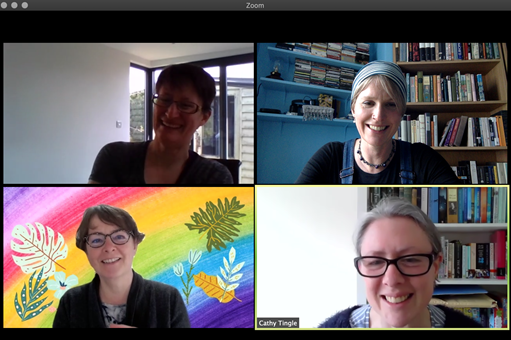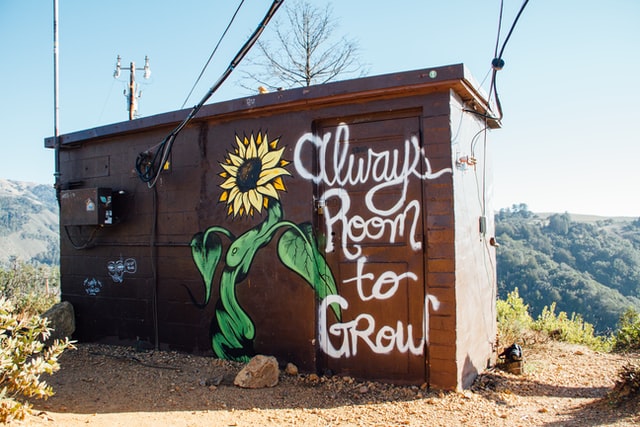In this post Hetty Marx, author of the new CIEP guide Editing Textbooks, gives a flavour of what it is like to edit textbooks by describing ten aspects of textbook publishing that differ from other specialisms.
Editing textbooks, and educational resources more broadly, requires the core editing skills necessary for any field of publishing. But there are some aspects of textbook publishing that require a different set of skills or knowledge and in this post I will describe ten of these aspects. You might be familiar with some of these from other fields, for example complex designs in illustrated non-fiction, or scholarship in academic books.
1. Learning
Textbooks are designed to help students learn, and this principle should be at the forefront of most decisions in creating a textbook. It’s also one of the reasons why editing textbooks feels rewarding, as you know that your work will help students grasp a difficult concept or deepen their understanding of the subject.
2. Accuracy and scholarship
Accuracy of content and general principles of scholarship are important in textbooks. While fact-checking is not normally part of textbook editing, editors should be alert to any possible inaccuracies or inconsistencies. Textbooks should usually feel balanced and objective, so (depending on the project) it may be important to check that the author covers both sides of a debate, uses a neutral tone and avoids presenting their own views.
3. Differentiation
While textbooks are often written for a particular age group, they will be used by many students within that group, all with their own interests, abilities and preferred ways of learning. And these differences should, as much as possible, be catered for within each textbook. Textbook editors can help by checking that the author includes:
- a range of different examples and photos (so that more students feel the content is relevant to them)
- a variety of activity types that test different skills (multiple-choice questions, creative activities, speaking tasks, etc)
- different levels of challenge in the activities.
4. Complex design
Textbooks are often full-colour and highly illustrated with several design features. Tasks like tagging/coding a feature-heavy manuscript or working with artworks (checking they are useful and suitable for the reader, pulling together artwork briefs, creating an artwork log, etc) can amount to a large part of textbook editing.
5. Pedagogical features
Textbooks include a range of pedagogical features to help students learn, such as boxed features, case studies and activities. Editing pedagogical features involves checking they are:
- useful, ie that they are designed and written in a way that will actually help students learn
- relevant, for example that questions test content covered in the chapter, and at a suitable level for the student
- consistent, in terms of purpose, style, frequency and length
- complete, for example that there is the required number of case studies or that answers are provided for all the questions.
6. Multiple components
Multi-component products are ones where several resources are built around the main student textbook, such as worksheets, online quizzes, teacher books, revision guides and/or audio scripts.
The components are often closely linked to the main textbook, for example for every subsection in the book, there may be an online activity, a worksheet, a set of answers to the textbook questions, a lesson plan, a practice question in the workbook, etc. In addition to normal editing tasks, editors need to check that each of these linked aspects is provided, check that they are consistent with each other (eg in style and content) and keep track of any knock-on effects of a change in one component on the linked resources.
Editing multi-component textbooks adds various challenges (and requires good organisational skills) but it does offer opportunities for more varied work. Editing just one component (eg a teacher book) can also be a good introduction into editing textbooks, as they may be less complex.
7. Multiple stakeholders
Students are the main target audience that textbook editors need to keep in mind throughout the edit, but other stakeholders are also important, including:
- The teacher: the main textbook for a particular course is usually chosen by the students’ teacher or lecturer.
- The exam board: if the publisher wants the textbook to be endorsed by an exam board, the editor will need to check the text meets the exam-board requirements.
- Ministry officials: in some countries teachers can only use government-approved textbooks, so editing textbooks for these markets involves checking the text and artwork for cultural considerations and ensuring it meets any official requirements in the target markets.
8. Curriculum and qualifications
At school level, most textbooks are written in line with a national curriculum (government requirements about what students should learn in each school year). For examined subjects, textbooks are usually written in line with an exam board’s specification (a list of the content that could be examined).
Particularly for examined subjects, editors often need to check that all the specified content is included, that the structure of the textbook matches the exam board’s specification, and potentially that the textbook meets extra requirements imposed by the exam board. Because of tight timescales, textbooks are often drafted before the specification has been finalised, which can result in last-minute changes to the textbook.
9. Competition
The publisher is likely to have planned the textbook with competitor books (other textbooks for the same course from other publishers) at the forefront of their mind. The main competition’s features may influence the publisher’s decisions on things like length, coverage, pedagogical features and online resources.
10. New editions
Successful textbooks are likely to be put into new editions. Editing a new edition often involves less work, as some of the (already edited) material will be retained from the previous edition. But it can add extra consistency checks (eg making sure the end-of-chapter questions match the new content), and if the book is revised by a different author there may be a mismatch in writing styles that the editor will need to smooth out.
Summing up
This list gives you a flavour of the nature of textbook editing. If you are interested in exploring editing textbooks in more detail, download the CIEP Editing Textbooks guide to learn more about how educational publishing works and how to edit textbooks.
About Hetty Marx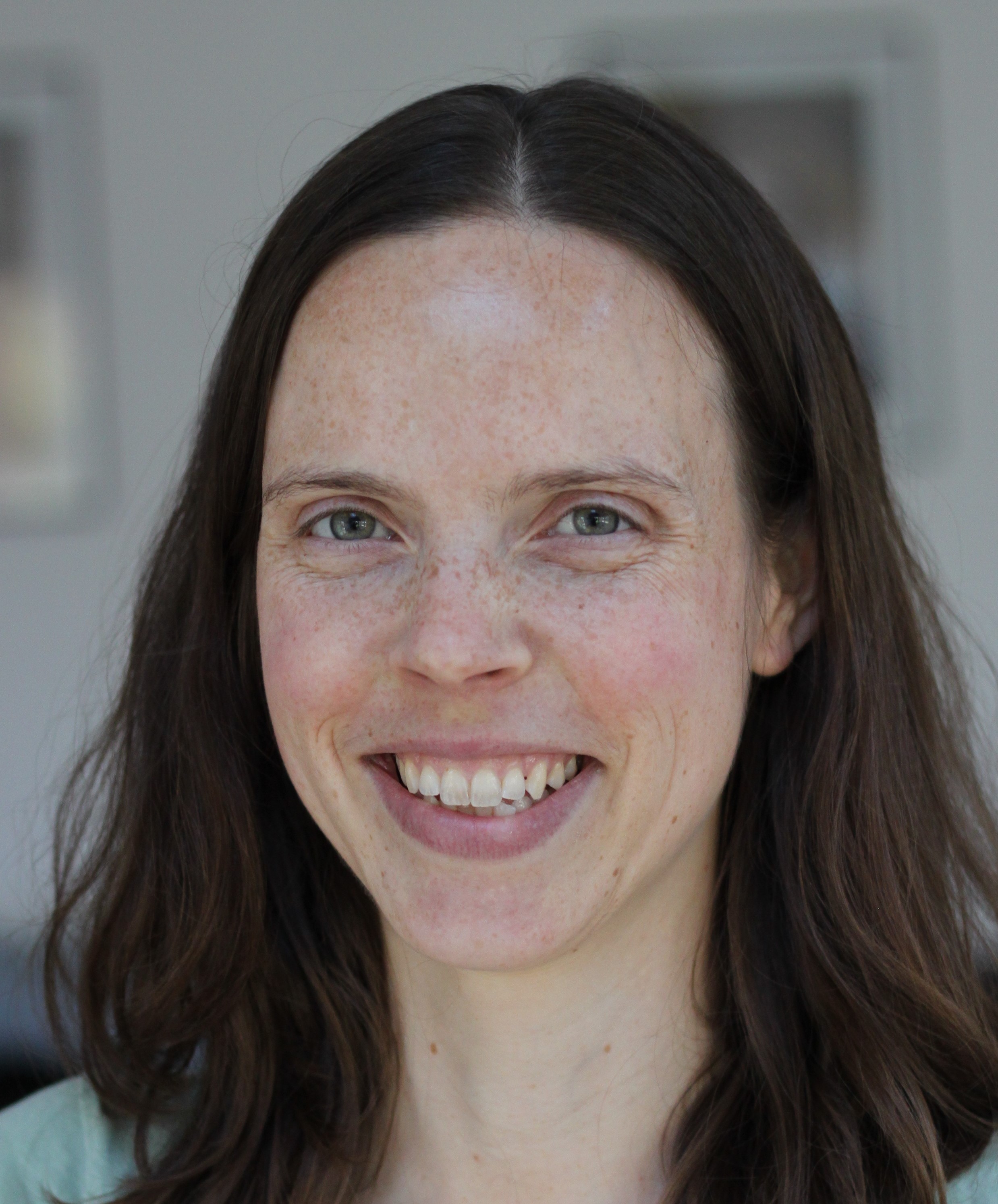
Hetty Marx is a freelance textbook development editor. She has nearly 20 years of publishing experience, including in-house as a commissioning editor at Cambridge University Press and as a development editor at Pearson. She is an Advanced Professional Member of the CIEP and author of the CIEP guide Editing Textbooks.
 About the CIEP
About the CIEP
The Chartered Institute of Editing and Proofreading (CIEP) is a non-profit body promoting excellence in English language editing. We set and demonstrate editorial standards, and we are a community, training hub and support network for editorial professionals – the people who work to make text accurate, clear and fit for purpose.
Find out more about:
Photo credits: header image by RDNE Stock project on Pexels, Love to Learn by Tim Mossholder on Unsplash.
Posted by Belinda Hodder, blog assistant.
The views expressed here do not necessarily reflect those of the CIEP.

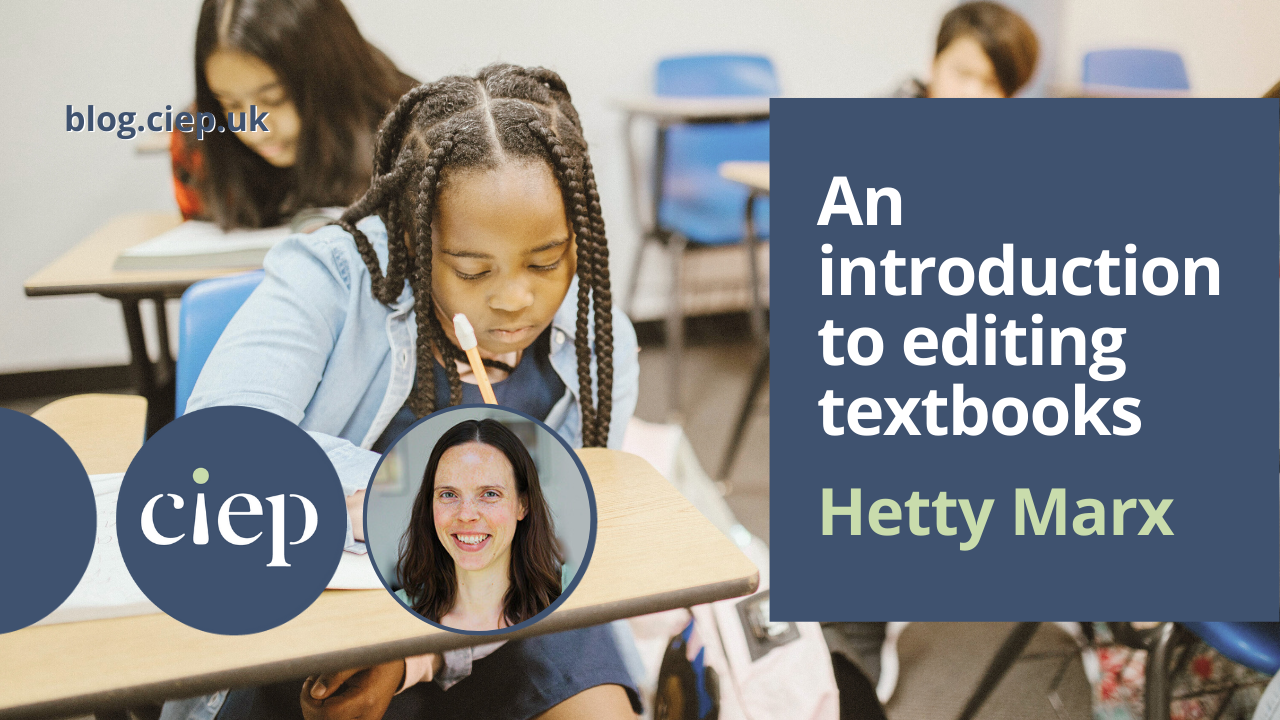
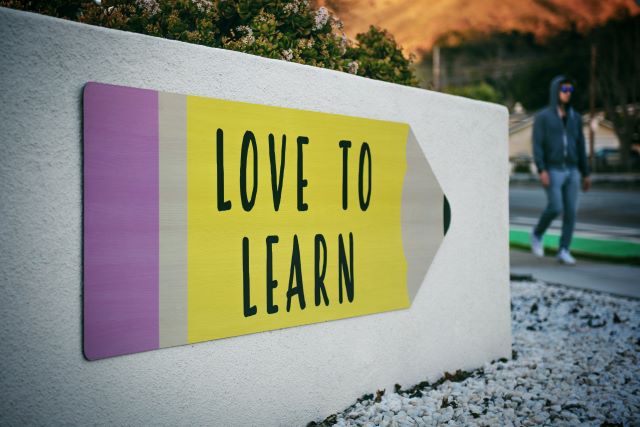
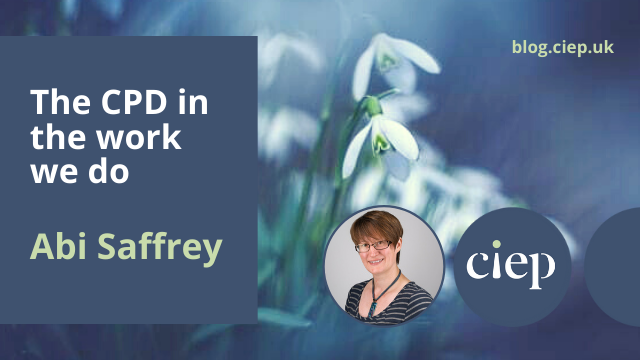

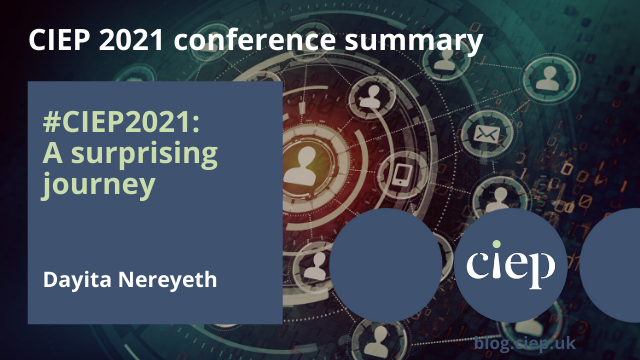


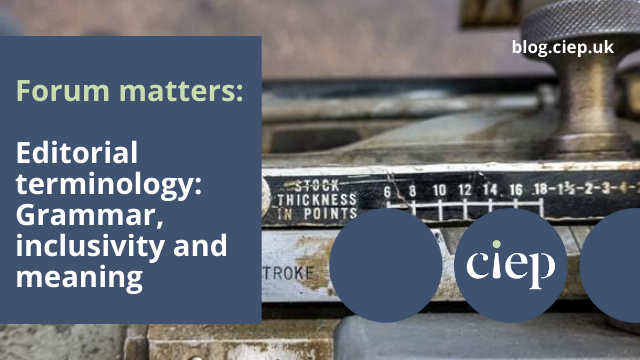

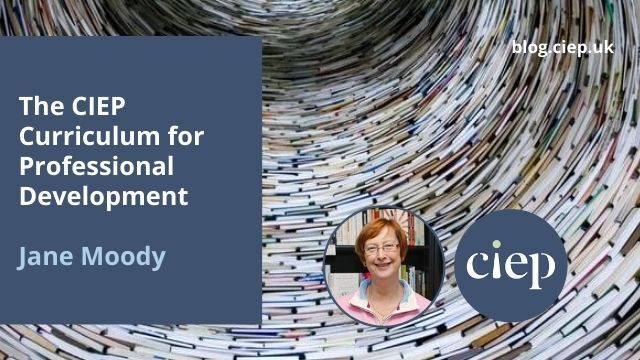
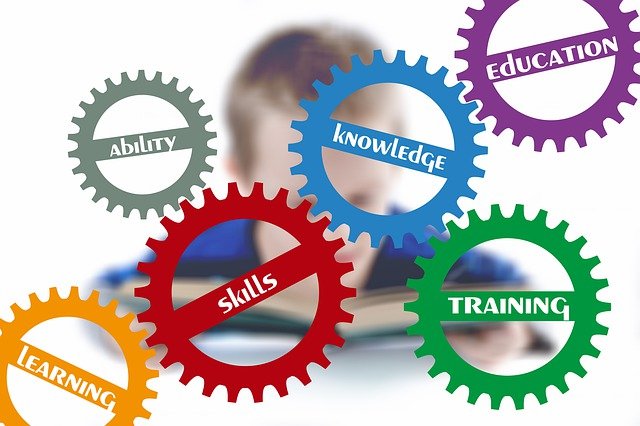
 Jane has worked with books for all her working life (which is rather more years than she cares to admit), having started life as a librarian. She started a freelance editing business while at home with her two children, which she maintained for 15 years before going back into full-time employment as head of publishing for a medical Royal College.
Jane has worked with books for all her working life (which is rather more years than she cares to admit), having started life as a librarian. She started a freelance editing business while at home with her two children, which she maintained for 15 years before going back into full-time employment as head of publishing for a medical Royal College.